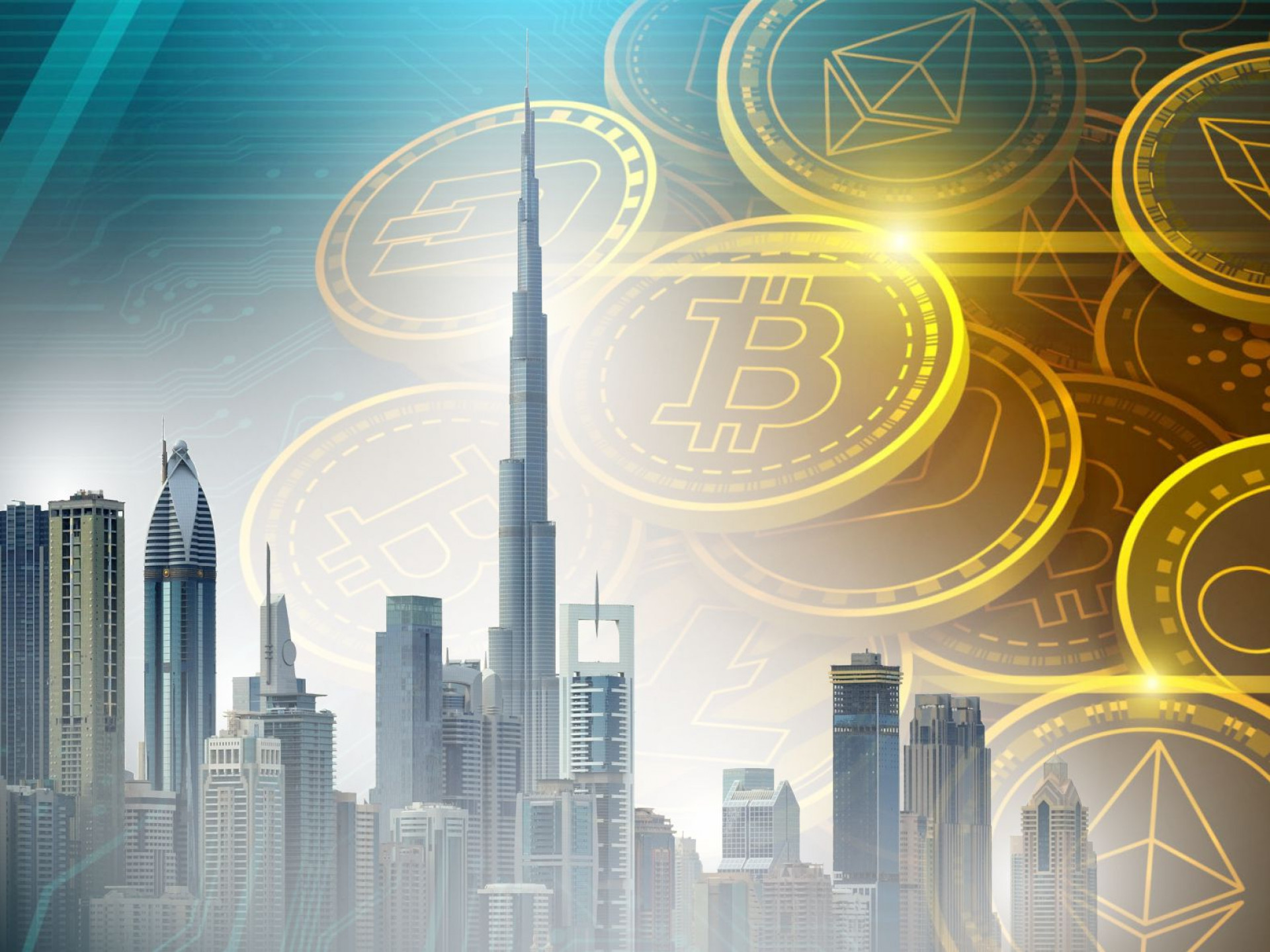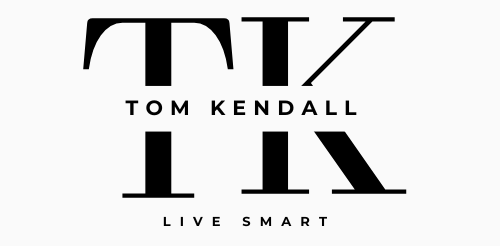Introduction
Dubai has always been a city that plays by its own rules. It is where skyscrapers rise out of the desert, where dreams materialize overnight, and where financial revolutions often begin before the rest of the world even notices.
In 2025, another quiet revolution has been unfolding — one that has caught the attention of crypto traders, fund managers, and digital entrepreneurs from across the globe. Beneath the surface of Dubai’s futuristic skyline lies a trading setup that few outside the region truly understand.
This is not about buying Bitcoin in a mall or attending flashy blockchain conferences. This is about how a select group of crypto traders and investors have built powerful, tax-efficient, and legally compliant trading structures that allow them to operate with privacy, scale, and global reach.
The world calls it “offshore crypto structuring.” But in Dubai, it has evolved into something smarter, cleaner, and more sustainable. It’s what many are now calling the Dubai Crypto Trader Setup — a system that combines regulation, residency, and opportunity into one streamlined ecosystem.
And the surprising part? Almost no one outside the inner circle knows exactly how it works.
Why Dubai Became the World’s Crypto Haven
To understand the setup, you first need to understand why Dubai became the world’s crypto capital in the first place.
It began with vision. Long before other nations were even discussing digital currencies, the UAE government had already rolled out the Dubai Blockchain Strategy, aiming to make the emirate the first city fully powered by blockchain technology.
By 2022, when many countries were tightening crypto regulations, Dubai took the opposite approach. It launched VARA — the Virtual Assets Regulatory Authority — under the Dubai World Trade Centre. VARA became the first regulator in the world built specifically for digital assets.
That move changed everything.
Crypto exchanges, Web3 startups, and blockchain funds began to see Dubai not just as a tax haven, but as a legitimate, well-regulated base for global operations.
By 2024, more than 1,500 crypto-related companies had registered under Dubai’s free zones, and billions in capital began flowing through its financial districts. Traders who once operated anonymously from laptops in Asia or Europe suddenly had a place to build a proper base — with zero income tax, full legal protection, and an infrastructure designed for speed.
The Core of the Dubai Setup
The “Dubai Crypto Trader Setup” is not a single legal structure or one-size-fits-all license. It is a combination of several strategic moves — each designed to give traders freedom, security, and credibility.
At its core, it consists of three key elements:
- A crypto-friendly company license (usually in a free zone such as DMCC or IFZA)
- A UAE residency visa tied to the business or investment
- A compliant, multi-currency banking setup that integrates with global exchanges and OTC desks
Let’s unpack each layer.
1. The Company Setup
Most traders who relocate to Dubai don’t simply open a personal account and start trading. They incorporate a free zone company — a structure that allows 100% foreign ownership, profit repatriation, and corporate bank accounts.
Among the most popular are:
- DMCC (Dubai Multi Commodities Centre) — home to the DMCC Crypto Centre, one of the largest blockchain ecosystems in the Middle East.
- IFZA (International Free Zone Authority) — known for flexible licensing, quick setup, and simple compliance.
- Meydan Free Zone — preferred by solo traders who want fast company formation and cost efficiency.
A trader can set up a company under “proprietary trading,” “financial consultancy,” or “investment holding” depending on their activity. While retail crypto trading itself may not require a specific VARA license, any activity involving client funds, token issuance, or exchange services does.
The key is to build a structure that aligns with your actual trading profile — whether you’re an individual trader or managing investor capital.
Once the company is formed, the next step is obtaining a residency visa.
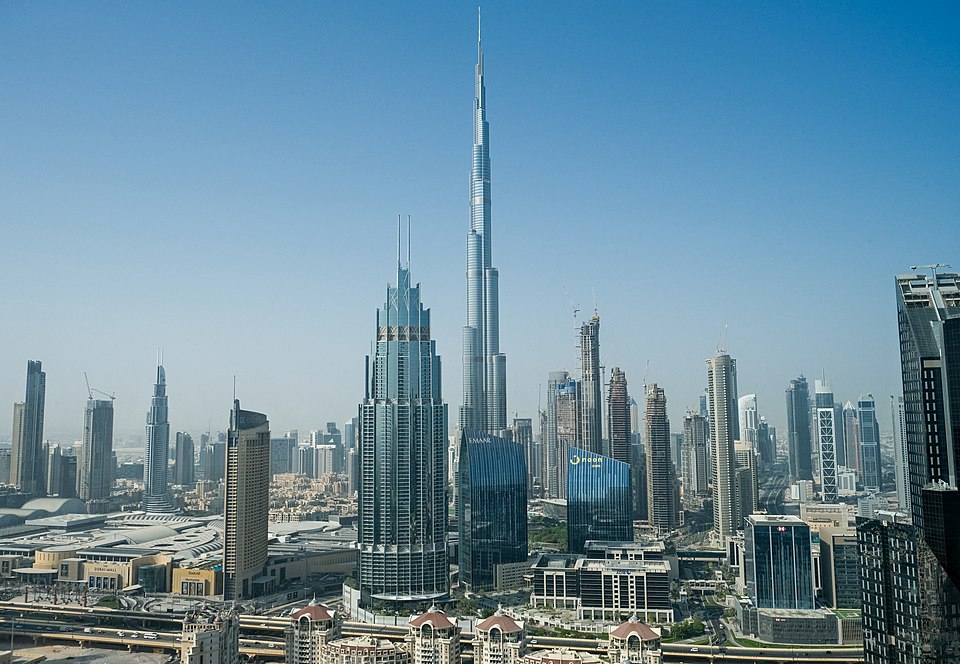
2. Residency and Tax Residency
Here’s where Dubai truly stands apart.
By obtaining a UAE residency visa, crypto traders can not only live in Dubai but also qualify for tax residency. This means they are considered residents under UAE law, not subject to personal income tax on their global earnings.
This is crucial for traders moving from high-tax countries. For example, a UK or Canadian resident who earns $500,000 from crypto trading might lose 40–50% in taxes back home. As a Dubai resident, that same trader could legally keep 100%.
To qualify, one must spend at least 183 days a year in the UAE and maintain proof of accommodation and local banking activity.
For many, that’s a small price to pay for total tax freedom.
3. Banking and Fiat Access
Crypto and banking don’t always mix well, but Dubai has found a middle ground.
Traditional banks in the UAE remain conservative, but several have opened up to verified crypto-linked businesses. Traders who set up licensed entities and provide source-of-funds documentation can access corporate accounts in banks like:
- Mashreq NeoBiz
- RAKBANK
- Emirates NBD
- Wio Bank (the UAE’s first fully digital business bank)
Once these accounts are operational, they can link to regulated exchanges such as Binance MENA, BitOasis, or global OTC desks operating within VARA’s framework.
Funds can move efficiently between crypto and fiat — without the friction or compliance issues that traders face in Europe or the U.S.
A Typical Dubai Crypto Trader Workflow
To visualize how this works in real life, imagine a trader named Alex.
Alex previously lived in London, trading crypto full-time. Each tax season, nearly half of his profits went to the government. He was also constantly worried about regulatory uncertainty and exchange restrictions.
In 2023, he decided to relocate to Dubai.
Here’s what he did:
- Registered a company in DMCC under “proprietary trading of digital assets.”
- Applied for residency, tied to his company license.
- Opened a business account with Wio Bank and a secondary one with Mashreq NeoBiz.
- Linked both accounts to Binance MENA for on/off-ramp conversions.
- Set up a personal account for living expenses and withdrawals.
Today, Alex trades full-time from his apartment in Downtown Dubai. He pays zero personal tax, enjoys institutional banking access, and spends his evenings networking with other traders in DIFC coffee lounges.
He operates entirely within UAE law — and his structure can scale if he ever decides to launch a fund or advisory business.
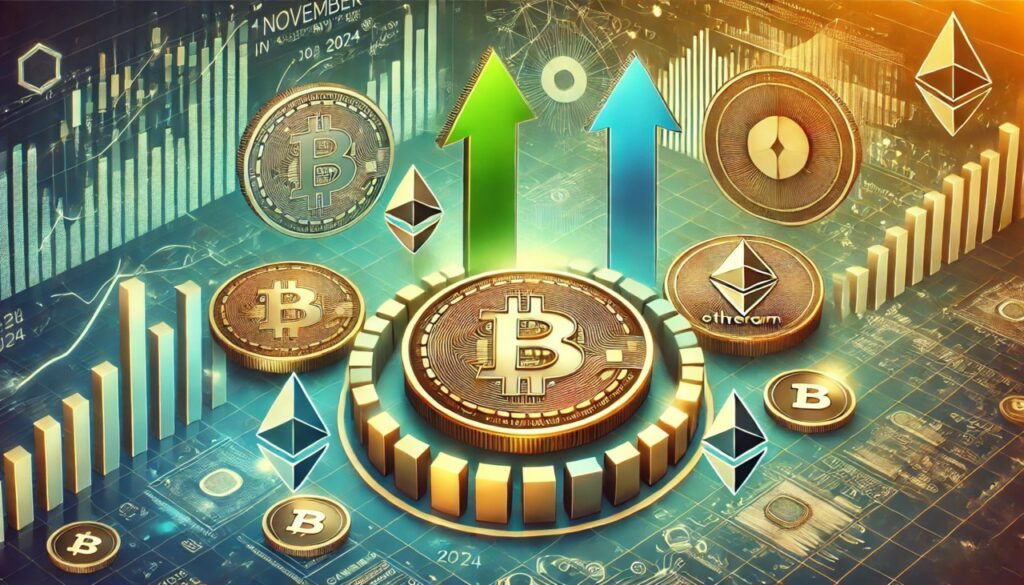
Why Only a Few Know About It
Despite Dubai’s openness, this setup isn’t widely understood. There are three reasons for that.
First, most traders assume “offshore” means illegal or shady, when in reality Dubai’s framework is among the most transparent in the world.
Second, the details are rarely shared publicly because high-net-worth traders and prop firms prefer discretion.
Third, it’s not just about paperwork — it’s about relationships. Knowing which free zone to choose, which banks to approach, and how to present your profile makes all the difference.
As a result, many traders who attempt to replicate this on their own end up frustrated, facing banking rejections or compliance delays. Those who understand the full ecosystem, however, operate seamlessly.
Beyond Trading: Building a Global Financial Base
The smartest traders in Dubai aren’t just executing trades. They are building long-term structures that double as global wealth management vehicles.
For example:
- Setting up holding companies in Dubai that own other international assets (real estate, startups, funds).
- Using UAE residency to open multi-currency accounts in Europe and Asia.
- Registering for crypto custody licenses under VARA for institutional credibility.
- Forming family offices in DIFC to manage investments.
Dubai’s free zones allow all these within a single jurisdiction, creating what some call a “sovereign business hub.”
This means that for crypto professionals, Dubai is not just a tax-efficient home — it’s the control center for their entire portfolio.
The Network Effect
Success in Dubai’s trading scene often comes down to community.
In districts like DIFC, Business Bay, and JLT, you’ll find clusters of traders and crypto entrepreneurs sharing co-working spaces, discussing market moves over coffee, and forming syndicates for token investments.
Events such as Crypto Expo Dubai and Future Blockchain Summit attract global players every year, turning networking into opportunity.
Many newcomers start with small proprietary trading setups and eventually evolve into licensed funds or consultancies. Dubai’s regulatory flexibility supports that growth path.
This mix of ambition, transparency, and opportunity is what gives Dubai its edge — and why traders describe it as the “Wall Street of Web3.”
Regulatory Landscape in 2025
By 2025, VARA has solidified its position as one of the most progressive digital asset regulators in the world. Its frameworks now cover everything from custody and exchange operations to staking and tokenization.
Unlike in the U.S. or Europe, where regulation is fragmented, VARA offers a clear, single-point structure. Companies can operate knowing exactly what’s expected of them.
For traders, this clarity provides peace of mind. No surprise bans, no sudden tax reforms, and no unpredictable enforcement actions.
The result is a stable foundation where both retail and institutional participants can thrive.
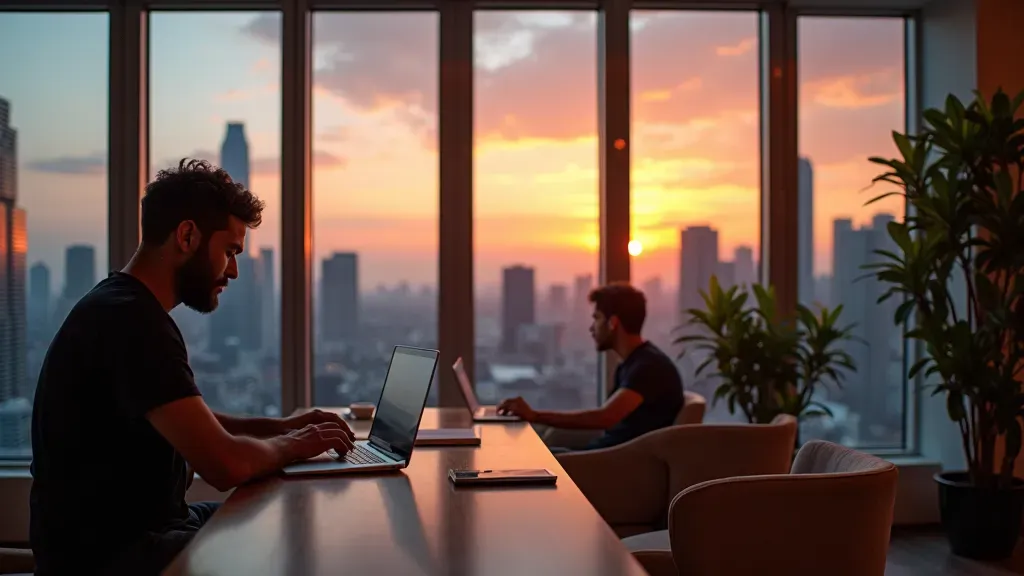
The Role of Free Zones
Dubai’s free zones play an integral role in this ecosystem. Each zone acts like a mini-jurisdiction with its own business-friendly rules.
- DIFC caters to financial institutions and family offices.
- DMCC is favored by traders, crypto startups, and fintechs.
- IFZA appeals to independent professionals and smaller teams.
- ADGM (in Abu Dhabi) provides a second strong hub for digital asset regulation.
This flexibility allows traders to choose the environment that suits their business model. Some even combine zones — registering one company in DMCC for crypto activities and another in DIFC for asset management.
Such setups create operational synergy while remaining fully compliant.
Challenges and Realities
Even with all its advantages, the Dubai crypto setup is not without hurdles.
- Banking remains selective. Not all institutions are crypto-friendly, and strong documentation is necessary.
- Regulatory boundaries can shift. While VARA is progressive, traders must stay informed of new circulars or licensing updates.
- High cost of living. Dubai offers world-class lifestyle, but rent, schooling, and healthcare can add up.
- Visa maintenance. To retain residency, traders must renew their visas periodically and maintain minimum physical presence.
However, most experienced traders view these as manageable trade-offs compared to the uncertainty and taxation in their home countries.
Life Beyond the Charts
Ask any trader who’s lived in Dubai for a year what stands out the most, and they rarely talk about profits. They talk about the freedom.
Freedom to build, to experiment, to meet like-minded people, to walk safely at 2 a.m., and to spend weekends in a city that feels alive 24/7.
The work-life balance here isn’t about doing less — it’s about living better. You can trade global markets all day and unwind at a rooftop overlooking the Marina by night.
The mix of ambition and serenity is what keeps most traders here long-term. Dubai becomes less of a base and more of a mindset — a place where boundaries don’t define potential.
Why 2025 Is the Year of the Dubai Shift
In 2025, the global financial landscape is shifting rapidly. Rising taxes, stricter reporting requirements, and banking de-risking have made it difficult for independent traders to operate freely in Western markets.
Meanwhile, Dubai has doubled down on innovation, clarity, and freedom.
With its maturing regulatory framework, expanding exchange ecosystem, and stable governance, it is now attracting not just individuals but entire trading firms relocating their headquarters.
From prop desks and arbitrage funds to DeFi developers and NFT creators, everyone wants a foothold here.
And the best part? The ecosystem is still young — meaning opportunities remain abundant for those who move early.
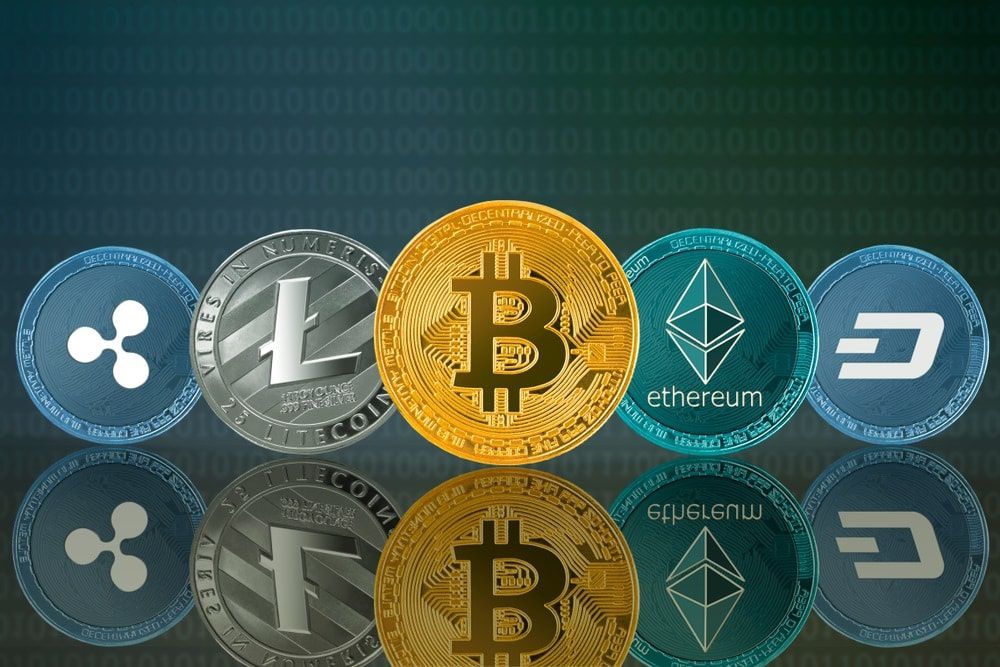
Conclusion
The Dubai Crypto Trader Setup isn’t a secret society or a loophole. It’s a system built on clear laws, smart structuring, and forward-thinking policy.
While most of the world debates how to tax or restrict digital assets, Dubai has done something simpler — it has built a home for them.
Traders who understand this setup and execute it properly can achieve something rare in today’s financial world: true autonomy.
It’s no surprise that more crypto professionals are quietly packing their bags, setting up companies in Dubai, and building their futures here.
For them, it’s not just about the profits. It’s about freedom — the kind that only a few in the world truly experience.

